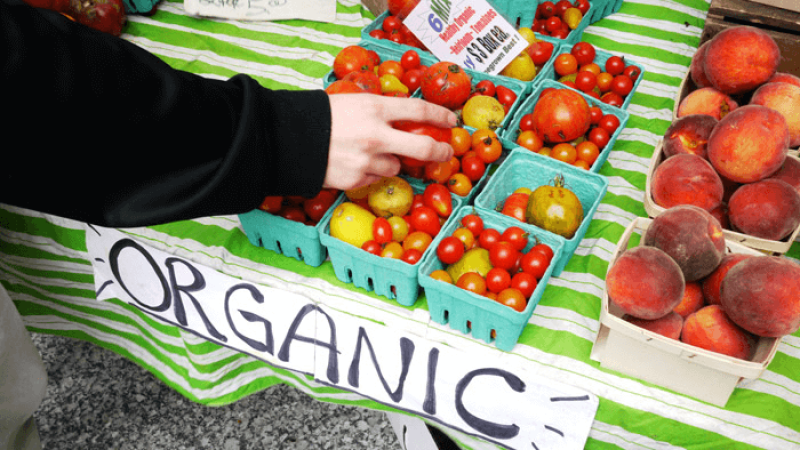 Organic foods, valued at over $75 billion, have long been touted as superior to conventionally grown foods, with some studies claiming they have added health properties and can ward off disease.
Organic foods, valued at over $75 billion, have long been touted as superior to conventionally grown foods, with some studies claiming they have added health properties and can ward off disease.
More than two-thirds of Americans believe these foods, which claim to be grown with fewer pesticides and often cost significantly more than regular food, are healthier.
However, Dr Robert Paalberg, professor in the Sustainability Science Program at Harvard University, said that evidence suggesting organic food is more nutritious is unreliable, and consuming fewer pesticides may not have an impact on health.
‘There is no reliable evidence showing that organically grown foods are more nutritious or safer to eat,’ he said.
‘If we follow science, organic food loses its apparent advantage.’
Dr Paalberg pointed to a 2012 review from Stanford University, which looked at 237 studies on organic food. The researchers found no convincing differences in nutrients or health benefits between organic and conventional foods.
The main difference was that organic foods had fewer pesticides.
Organic foods still use pesticides, but per the US Department of Agriculture, they are mostly restricted to natural sources, like copper and sulfur, whereas conventional produce can use synthetic pesticides.
However, organic farmers still have restricted access to 25 synthetic pesticides, whereas conventional farming can use more than 900.































